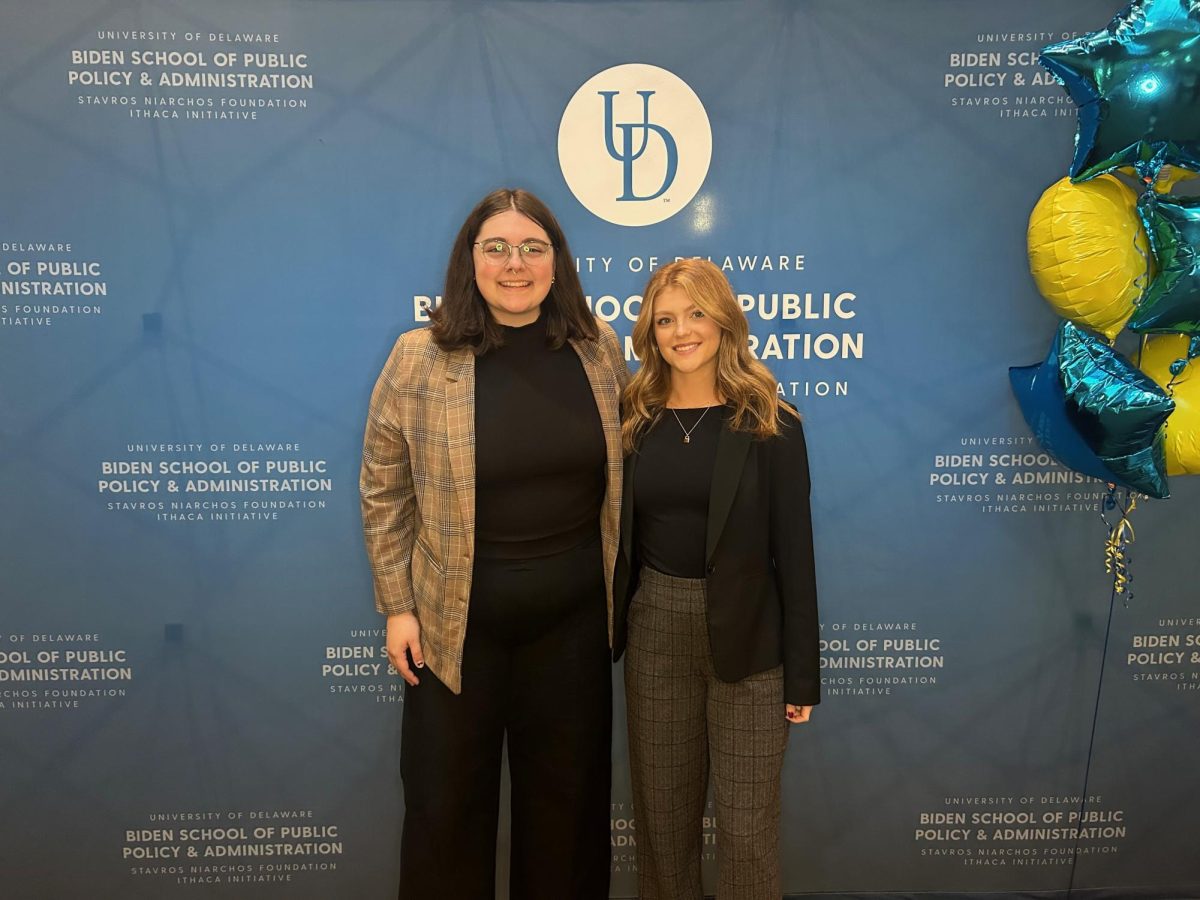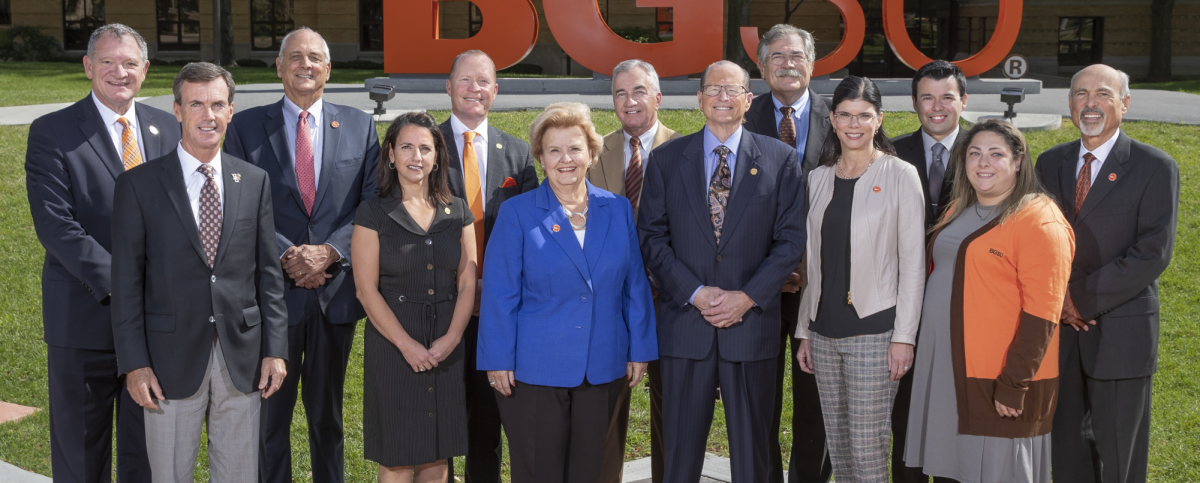Senior Aaron Shaw wanted to get some classes out of the way over the summer.
Shaw was able to finish those classes, 17 credit hours worth, without ever leaving his home by taking web-based courses offered by the University.
The University’s Center for Online and Blended Learning has been helping to facilitate online courses since 2001.
According to it’s Web site, COBL was created to promote distance education and assist faculty and staff with the development and design of web-based courses.
‘The number of enrollment in online courses, as well as the number of online courses, continues to grow year after year,’ said COBL Director Connie Molnar. ‘We have been here for almost 10 years and every year the enrollment in online courses has grown.’
Molnar said the University offered around 500 web courses during the 2008-09 school year. She said there are currently over 600 courses available.
Professor Allen Rogel, who teaches an online version of Intro to Astronomy, said online courses can be beneficial.
‘Well, the obvious benefit is the self scheduling of material, as there isn’t a specific class time,’ he said. ‘Also people who are not located on campus are able to take the class. I’ve had students from Florida who were taking the class, for example, who would obviously not be able to come to this campus.’
One example of this is Olympic Skater Alissa Czisny, who completed a degree in international studies through online courses at the University, according to TeamUSA.org, the official Web site of the U.S. Olympic Committee. Czisny did this while traveling and participating in competitions.
But Rogel, who prefers traditional classes, said there are definitely negatives to online learning.
‘It is a different experience,’ he said. ‘There are advantages to face to face. The thing that is mainly missing online is, when going through a presentation, there is no opportunity to get immediate feedback from the students.’
Rogel said he has to wait for questions via e-mail or through discussions boards before he can find out if students understood the material. Online courses are lacking in the classic ‘blank stare’ of confusion, he said.
Some students, like Shaw, find online courses to be easier than regular ones.
Shaw said he thought his classes were not very hard and they allowed him to easily finish some required courses.
Rogel, on the other hand, said he actually finds his online courses are more difficult than his regular ones, because the online courses allow him to cover more material.
‘I would say there is a very wide range in online courses, there would certainly be professors where their online courses would be very easy, but other ones it is going to be considerably more challenging,’ he said.
Molnar said she does not believe online courses are easier.
‘The content is the same content that would be presented in a face to face environment, it is just delivered in a different way,’ she said. ‘I think there is sometimes a perception that online courses may be easy, but that really is not the case.’













